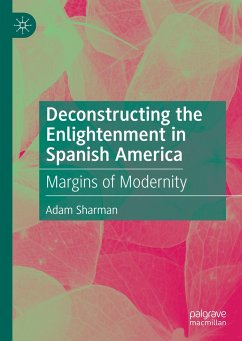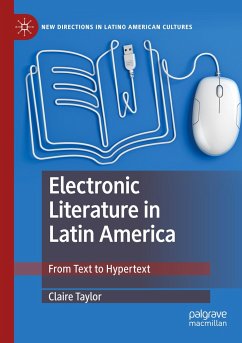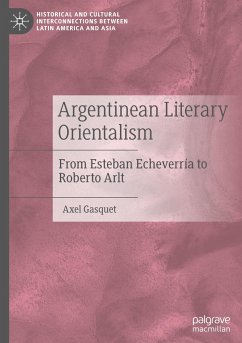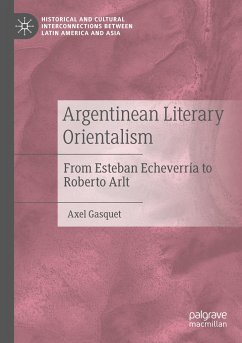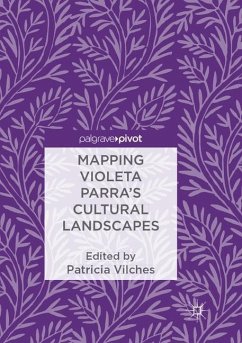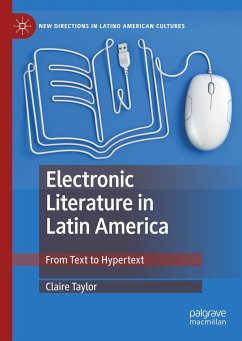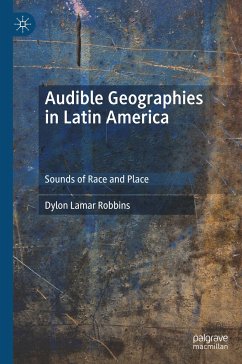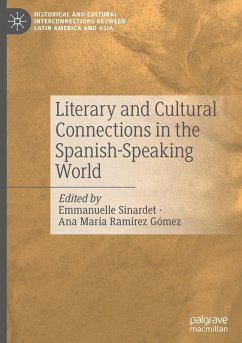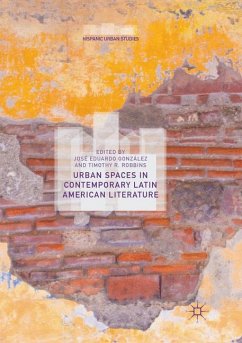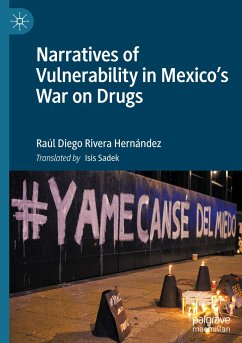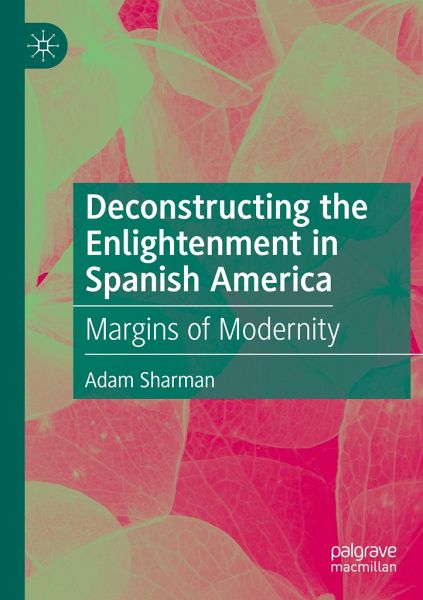
Deconstructing the Enlightenment in Spanish America
Margins of Modernity
Versandkostenfrei!
Versandfertig in 6-10 Tagen
65,99 €
inkl. MwSt.
Weitere Ausgaben:

PAYBACK Punkte
33 °P sammeln!
This book is about Enlightenment culture in Spanish America before Independence-in short, there where, according to Hegel, one would least expect to find it. It explores the Enlightenment in texts from five cultural fields: science, history, the periodical press, law, and literature. Texts include the journals of the geodesic expedition to Quito, philosophical histories of the Americas, a year's work from the Mercurio Peruano, the writings of Mariano Moreno, and Lizardi's El periquillo sarniento. Each chapter takes one field, one body of writing, and one key question: Is modern science univers...
This book is about Enlightenment culture in Spanish America before Independence-in short, there where, according to Hegel, one would least expect to find it. It explores the Enlightenment in texts from five cultural fields: science, history, the periodical press, law, and literature. Texts include the journals of the geodesic expedition to Quito, philosophical histories of the Americas, a year's work from the Mercurio Peruano, the writings of Mariano Moreno, and Lizardi's El periquillo sarniento. Each chapter takes one field, one body of writing, and one key question: Is modern science universal? Can one disavow the discourse of progress? What is a "Catholic" Enlightenment? Are Enlightenment reason and sovereignty monological? Must the individual be the normative subject of modernity? The book's premise is that the above texts not only speak to the contradictions of a doubtless marginalised colonial American Ilustración but illuminate the constitutive aporias ofthe so-called modern project itself.
Drawing on the work of Derrida, but also on both historical and philosophical accounts of the various Enlightenments, this incisive book will be of interest to students of Spanish America and scholars in the fields of postcolonialism and the Enlightenment.
Drawing on the work of Derrida, but also on both historical and philosophical accounts of the various Enlightenments, this incisive book will be of interest to students of Spanish America and scholars in the fields of postcolonialism and the Enlightenment.





